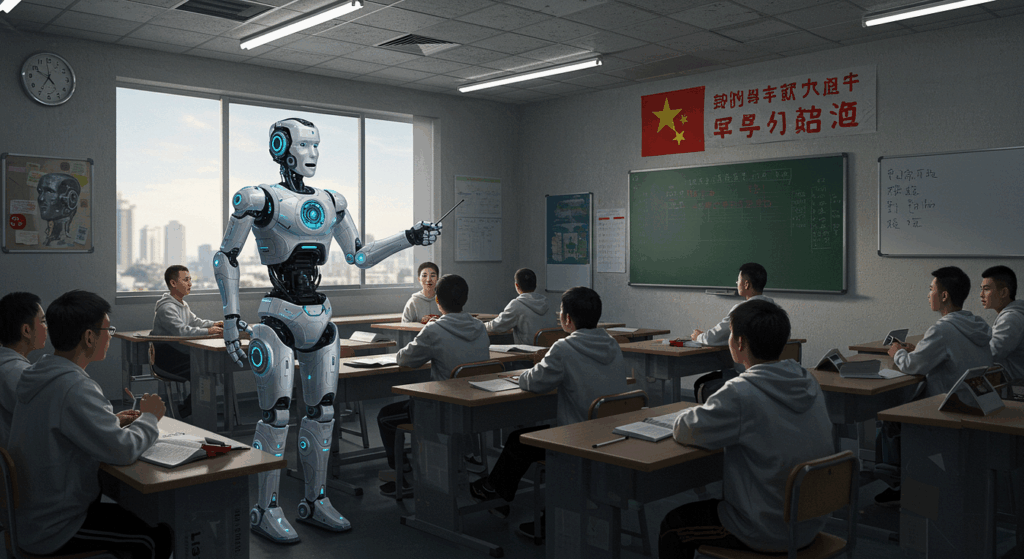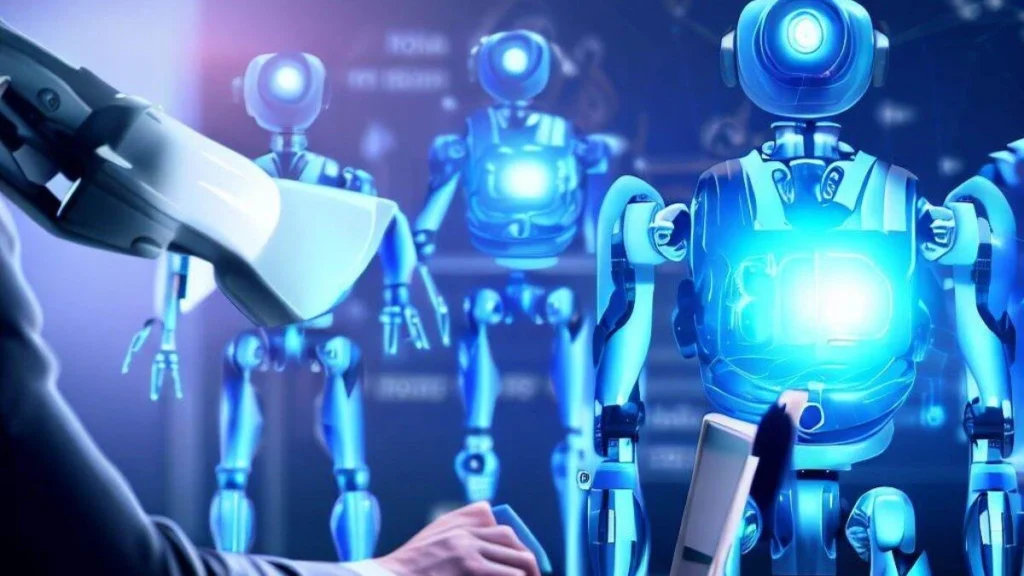3. Education Overhaul: AI Tutors and the End of Classrooms

Personalized Learning at Scale
AI tutors, such as Khan Academy’s Khanmigo, are already capable of adapting to the unique needs of students, providing personalized support to enhance learning based on individual progress and challenges. Gates predicts such tools will close global education gaps by:
- Providing low-cost tutoring in underserved regions.
- Customizing curricula for neurodiverse learners.
Teachers as Mentors, Not Lecturers
Teachers may transition to mentorship roles, focusing on emotional support and critical thinking—skills AI lacks. Yet, UNESCO warns that low-income schools lacking tech infrastructure could fall further behind.
4. Economic Implications: Job Losses vs. New Opportunities

The Displacement Crisis
A 2023 report from McKinsey suggests that by 2030, as many as 30% of jobs worldwide could be automated, highlighting the growing impact of technology on the job market. High-risk roles include:
- Radiologists, customer service reps, and truck drivers.
- Creative industries: AI-generated art and writing threaten graphic designers, journalists, and marketers.
Universal Basic Income (UBI): A Solution?
Both Bill Gates and Elon Musk support Universal Basic Income (UBI) as a solution to help people cope with job losses caused by automation and AI advancements. Pilot programs in Finland and California show mixed results: while poverty decreased, some recipients reported reduced motivation to work.
Emerging AI-Centric Jobs
New roles may include:
- AI ethicists ensuring fairness in algorithms.
- Human-AI collaboration managers optimizing workplace integration.






